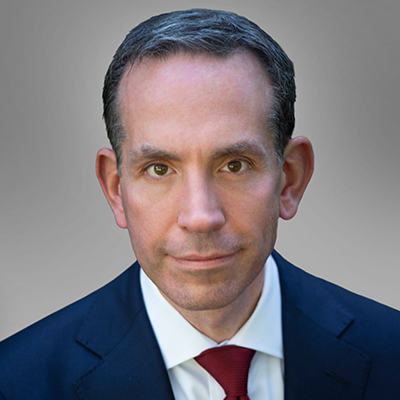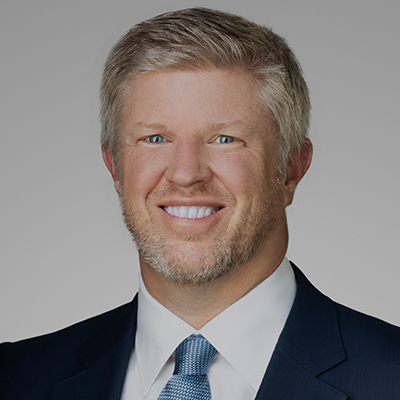Innovatio Spars with Cisco, HP at Trial Over Wi-Fi Royalties
Innovatio IP Ventures LLC squared off Friday with a cohort of leading technology companies, including Hewlett Packard Co. and Cisco Systems Inc., at a trial to determine the licensing rate on wireless network patents used in a wide array of their products, claiming the technology firms are trying to lowball its royalties.
During closing arguments in Illinois federal court, Innovatio — a nonpracticing entity, or a so-called patent troll, depending on whom you ask — argued that just because it is required to license its patents on fair terms doesn’t mean it has to accept potentially hundredths of a cent for each laptop, router or other device sold by defendants.
Matthew McAndrews of Niro Haller & Niro Ltd., who represents Innovatio, said during the hearing that it would be a “sad day” for science and innovation if the value of the 19 patents at issue and more than 400 asserted claims were pegged within the range offered by the defendants — 0.06-4.16 cents per unit.
“Reasonable? No, not close,” he said. “Fair? Not even in the ballpark.”
The stage was set for the licensing dispute in July, when U.S. District Judge James Holderman ruled that the patents were essential to the 802.11 Wi-Fi standard set by the Institute of Electrical and Electronics Engineers. That finding required Innovatio to license the patents on reasonable and non-discriminatory terms, or RAND.
Much of the licensing feud centered on a disagreement over whether the royalties should be calculated based on the price of end-products or smaller Wi-Fi elements within those products — the so-called “smallest salable patent-practicing unit” question.
Innovatio held that end-products like wireless printers and laptops should be the starting point, while the defendants argued that the much cheaper Wi-Fi chips, or MAC chips, which average only $4 a piece, should be used.
But Wi-Fi only accounts for a fraction of the technology in many of the complex products at issue, and Innovatio’s patents, similarly, cover only a tiny slice of the thousands of patents that are essential to the 802.11 standard, according to Steven Cherny of Kirkland & Ellis LLP, who represents the defendants.
Cherny told the judge that Innovatio’s licensing rate formula leads to some puzzling results. For example, it yielded around a $10 royalty for one HP laptop, while a high-end version of the same laptop — with a high-resolution screen and faster processor, but the same Wi-Fi elements — chalked up a $17 royalty.
“This goes to the heart of Innovatio’s case— they want something for nothing,” he said. “This is not a case over hundreds of billions of dollars. This is a case over much, much less.”
After several hours of closing arguments Friday, the decision on the RAND rate for Innovatio’s patents now lies with Judge Holderman.
Innovatio — which purchased the patents from Broadcom Corp. for around $7.5 million — struck the first blow in the sprawling legal dispute, suing numerous hotels and coffee shops, alleging they infringed dozens of wireless patents by offering customers free Wi-Fi. In response, Cisco, HP, Netgear Inc. and other companies that make Wi-Fi devices sued Innovatio, seeking to have the company's patents invalidated.
Innovatio then accused the Wi-Fi device makers of infringement, as well, and the cases were consolidated before Judge Holderman.
Cisco and the other defendants are represented by Steven Cherny, Gianni Cutri, Adam Alper and Michael De Vries of Kirkland & Ellis LLP.
Innovatio is represented by Matthew McAndrews, Raymond Niro Jr., Brian Haan and Gabriel Opatken of Niro Haller & Niro Ltd. and by Jean Kuelper, Gregory Schodde, Peter McAndrews, Ronald Spuhler and Shawn Peterson of McAndrews Held & Malloy Ltd.
The case is In re: Innovatio IP Ventures LLC Patent Litigation, case number 1:11-cv-09308, in the U.S. District Court for the Northern District of Illinois.
REPRINTED WITH PERMISSION FROM THE SEPTEMBER 20, 2013 EDITION OF LAW360 © 2013 PORTFOLIO MEDIA INC. ALL RIGHTS RESERVED. FURTHER DUPLICATION WITHOUT PERMISSION IS PROHIBITED



